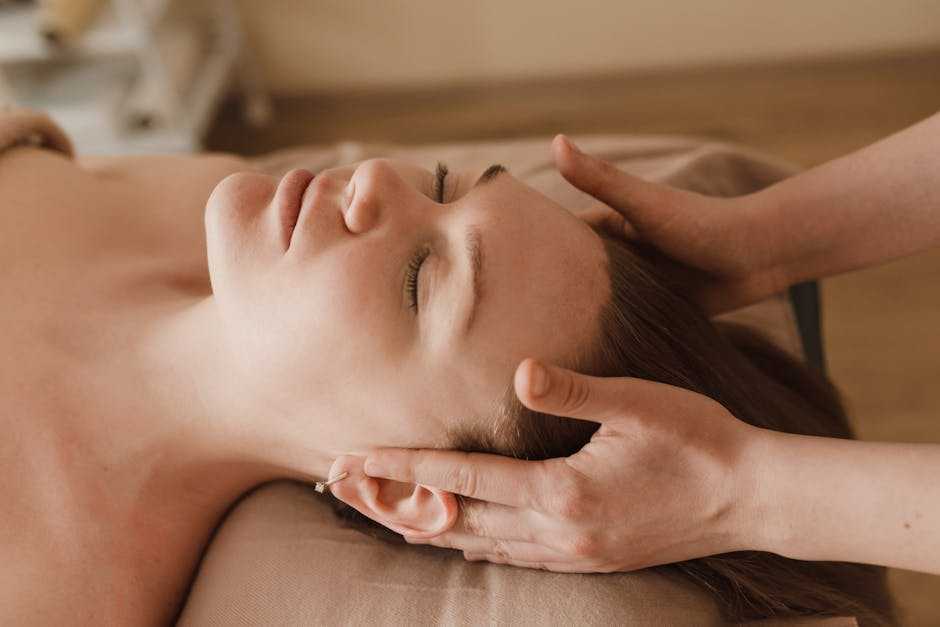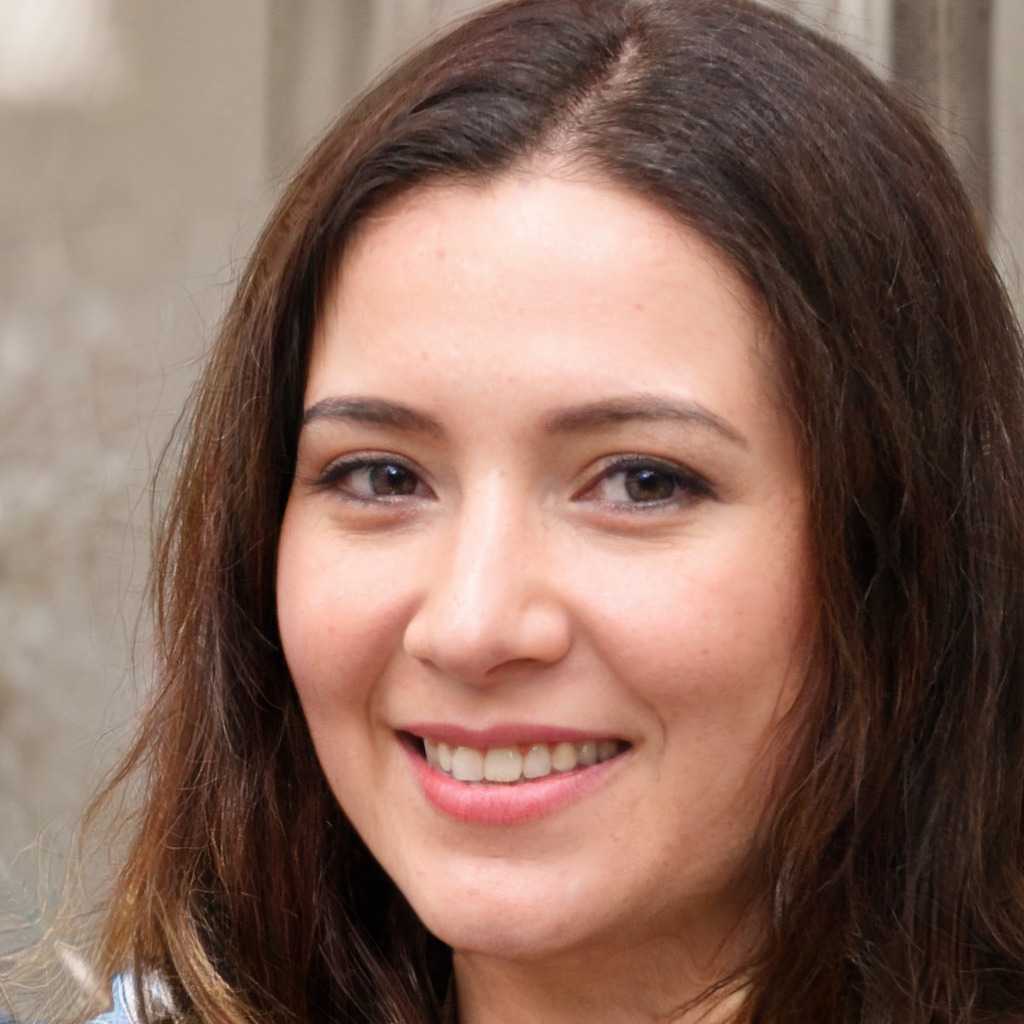What Burnout Really Looks Like in Motherhood
Burnout in motherhood is more than just feeling tired or overwhelmed. It’s a deep, ongoing depletion mental, emotional, and physical that gradually becomes accepted as ‘normal’ by many moms. But recognizing it early is key to recovery.
More Than “Tired”
It’s easy to brush off exhaustion as part of the parenting package, but burnout manifests in more complex and persistent ways:
Feeling irritable or emotionally flat, even after resting
Struggling to make basic decisions or stay focused
Constant fatigue that sleep doesn’t solve
Disconnection from your own needs and identity
Overwhelm from tasks that used to feel manageable
The Quiet Signs Moms Often Miss
Burnout doesn’t always announce itself loudly. Many signs creep in quietly, often disguised as common motherhood moments:
Resentment toward daily routines or family demands
Lack of joy in activities you once loved
Constant guilt, no matter how much you do
Avoiding social interaction because it feels draining
These signs often go ignored because they’re so easy to rationalize. But they build over time, silently eroding well being.
When Depletion Feels Normal
Over time, these symptoms become part of your everyday existence. You may find yourself saying, “This is just how it is now.”
But it doesn’t have to be.
Recognizing that you’re constantly running on empty is the first meaningful step toward reclaiming your well being not just for you, but for everyone who depends on you.
Learn more about identifying burnout
Root Causes That Sneak Up On You
Burnout in motherhood doesn’t always crash through the door it creeps in quietly. One of the biggest culprits is the mental load: all the invisible thinking, planning, anticipating, and remembering that never turns off. Paired with emotional labor, like smoothing everyone else’s moods or holding space for a partner’s stress, this becomes a full time job on its own. It’s rarely acknowledged and even more rarely shared.
Then comes the pressure to be perfect. Society sells images of clean kitchens, smiling kids, and flawless parenting hacks. Underneath that is the grind of guilt: am I doing enough? Am I doing it right? The perfectionism is quiet but constant, and it chips away at confidence over time.
Add isolation often without physical solitude. You might have kids tugging on you and a partner in the next room, but still feel alone. It’s not the lack of people around; it’s the lack of connection.
And we can’t ignore the physical side. Hormonal fluctuations, sleep deprivation, and just the raw physicality of mothering a baby on the hip, a toddler tantrum, the dishes, the late night wakeups create long term fatigue that piles up fast. Most of it gets dismissed as just part of the gig. But ignoring that toll means the wheels keep spinning until something breaks. Burnout doesn’t ask permission it just arrives heavy, and all at once.
Holistic Recovery That Actually Helps

Burnout doesn’t go away just because you push through. In fact, that’s often what keeps it going. Recovery starts with giving yourself permission to stop really stop before rushing into another to do list. Rest isn’t optional; it’s the foundation, especially when your body and mind are already drained.
Getting back to basics matters more than we like to admit. Food that fuels, not just fills. Gentle movement that reconnects you to your body, not punishes it. Real sleep the kind that leaves you feeling even a little more human when you wake up. These may feel too simple to work, but they’re often the first pieces that fall out of place, and the ones that quietly rebuild you.
Then there’s the inner work. Breathwork slows the reactive spiral. Setting boundaries helps reclaim mental bandwidth. Emotional support through friends, groups, or therapy reminds you you’re not meant to do this alone. Sometimes just naming what’s hard opens the door to healing.
And if things feel too big to tackle solo? That’s a sign to call in professional help. Therapists, nutritionists, pelvic floor specialists, even sleep consultants they exist for a reason. Leaning on them isn’t failure. It’s strategy.
Burnout recovery isn’t a checklist. It’s a relearning of how to care, gently and consistently, for yourself.
Tools and Habits That Support Long Term Resilience
Forget perfect routines. What actually works is rhythm something steady but flexible. A rhythm respects that no two days look the same, especially in motherhood. It’s not about waking up at 5 a.m. and checking ten things off a list. It’s about knowing what gives you energy and carving that into your day in small, do able ways.
One underestimated habit: saying no. Not everything needs your yes. Boundaries are a form of self respect, not failure. Alongside that, asking for help isn’t a last resort it’s a smart move. Whether it’s your partner, friend, or professional support, letting people in lifts weight off your nervous system.
Then there’s the identity piece. You were someone before ‘Mom.’ That version of you still deserves airtime. Whether it’s ten minutes of journaling, a solo walk, or picking up an old hobby, these aren’t frivolous they’re fuel.
Self check ins help too. Nothing fancy. Just moments to ask: how am I doing, really? Patterns of burnout form when we stop checking in. The goal isn’t constant evaluation it’s gentle awareness. Set a recurring calendar reminder if you need to. That’s not weakness. It’s strategy.
To spot early signs of burnout before they spiral, take a look at Spotting burnout signs.
Moving Forward With Less Guilt
Dropping the idea that you need to be everything to everyone isn’t selfish. It’s survival. That pressure whether it came from upbringing, social media, or just culture in general can quietly wear you down until nothing about motherhood feels sustainable. Releasing it doesn’t mean doing less for your family. It means doing more from a place of calm, not constant depletion.
Progress starts small: brushing your teeth before everyone wakes up. Sitting down for ten minutes without guilt. Saying no to a school bake sale without a mental spiral. These little moments rebuild something essential your own trust in yourself. That trust is fuel. It’s what helps you push through tough mornings and show up with more clarity when life gets messy.
And here’s the kicker: you were never meant to do this alone. The myth of the hyper capable mom who handles it all in silence needs to go. Real recovery happens in community whether that’s leaning on a friend, joining a parenting group, or just texting someone who gets it. It’s not weakness. It’s wisdom.
Moving forward doesn’t require a reinvention. It just requires truth, patience, and a little less guilt day by day.

 Ashleyah Scherdealer is the passionate force behind Motherhood Tales Pro, a platform she created to provide moms with trusted parenting tips, real-life stories, and wellness guidance. Drawing from both experience and a desire to build a supportive community, Ashleyah’s work empowers mothers to navigate the challenges of motherhood with confidence. From daily advice to heartfelt insights, her mission is to make every mom feel seen, supported, and strong.
Ashleyah Scherdealer is the passionate force behind Motherhood Tales Pro, a platform she created to provide moms with trusted parenting tips, real-life stories, and wellness guidance. Drawing from both experience and a desire to build a supportive community, Ashleyah’s work empowers mothers to navigate the challenges of motherhood with confidence. From daily advice to heartfelt insights, her mission is to make every mom feel seen, supported, and strong.